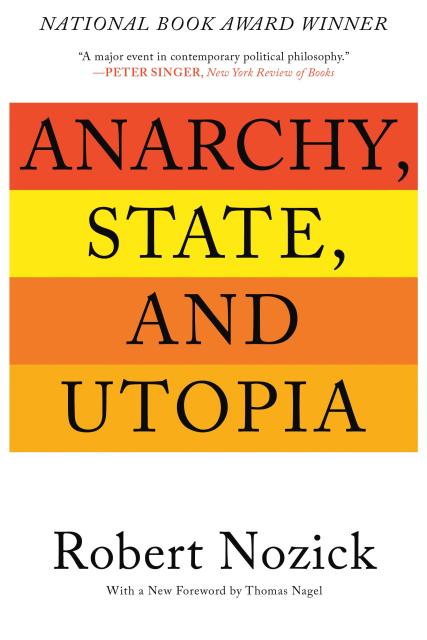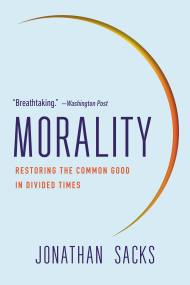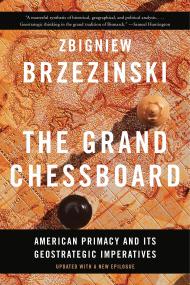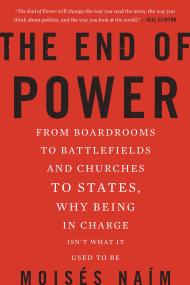By clicking “Accept,” you agree to the use of cookies and similar technologies on your device as set forth in our Cookie Policy and our Privacy Policy. Please note that certain cookies are essential for this website to function properly and do not require user consent to be deployed.
Anarchy, State, and Utopia
Contributors
Formats and Prices
- On Sale
- Nov 12, 2013
- Page Count
- 400 pages
- Publisher
- Basic Books
- ISBN-13
- 9780465051007
Price
$21.99Price
$28.99 CADFormat
Format:
- Trade Paperback $21.99 $28.99 CAD
- ebook $14.99 $19.99 CAD
- Audiobook Download (Unabridged)
This item is a preorder. Your payment method will be charged immediately, and the product is expected to ship on or around November 12, 2013. This date is subject to change due to shipping delays beyond our control.
Buy from Other Retailers:
First published in response to John Rawls’ A Theory of Justice, Robert Nozick’s Anarchy, State, and Utopia has since become one of the defining texts in classic libertarian thought. Challenging and ultimately rejecting liberal, socialist, and conservative agendas, Nozick boldly asserts that the rights of individuals are violated as a state’s responsibilities increase—and the only way to avoid these violations rests in the creation of a minimalist state limited to protection against force, fraud, theft, and the enforcement of contracts.
Winner of the 1975 National Book Award, Anarchy, State and Utopia remains one of the most philosophically rich defenses of economic liberalism to date. With a new foreword by Thomas Nagel, this revised edition introduces Nozick and his work to a new generation of readers.
-
"A major event in contemporary political philosophy...[Nozick] is always stimulating; an open-minded study of what he has to say could be a healthy tonic for romantic leftists."Peter Singer, New York Review of Books
-
"[Nozick's] critique of America's social welfare system...continues to define the debate between conservatives and liberals."Christopher Lehmann-Haupt, New York Times
-
"[S]imply and elegantly written, with charm and wit...brilliantly reasoned and contrary."Washington Post
-
"No contemporary philosopher possesses a more imaginative mind, broader interests, or greater dialectical abilities than Robert Nozick."Harper's
-
"Complex, sophisticated and ingenious."The Economist
-
"[Nozick's] powers of argument are profound, and his insights are at times staggering in their brilliance."New Republic
-
"[Nozick is] one of the 20th century's greatest political theorists."The Guardian
-
"[A] powerful critique of the Left-liberal moral philosophy that underpinned the welfare state...a kind of libertarian manifesto."Telegraph (UK)
-
"This book is the best piece of sustained analytical argument in political philosophy to have appeared for a very long time."Mind
-
"[Nozick's] faculties of reasoning and imagination are rare; his learning is enormous and interconnected...His ability to surround a subject, to anticipate objections, to see through weakness and pretense, to extract all the implications of a contention, to ask a huge number of relevant questions about a seemingly settled matter, to enlarge into full significance what has only been sketched by others, is amazing."George Kateb
-
"A brilliant and important book, bound to contribute notably both to theory and, in time, to the good of society."W. V. Quine, Harvard University







